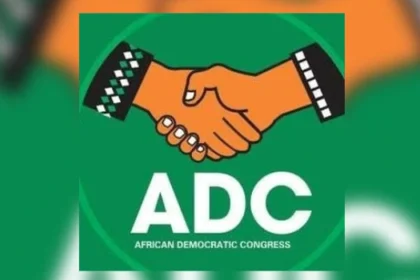Following the dwindling Nigerian economy, a former minister of State for Interior, Chief Demola Seriki has suggested that churches and mosques that own businesses should pay tax to the government; he said this during an interview with Punch on Monday.
The ex-minister’s call came less than a week after the Federal Government announced that N50 would be deducted from money deposited into any customer’s account as part of the efforts to boost government’s revenue in the face of the dwindling oil price.
He said religious bodies, especially churches, had built large business empires including universities but many of them are not paying tax.
The ex-minister said the wealth being made from these businesses was used in buying private jets with the government losing out.
He explained that some churches even had rented apartments in their various camps but were not paying land use charge to the government.
He said, “Places of worship such as churches and mosques should not pay tax but when they go into investment outside their main focus, they must pay tax. For example, there are some churches that are into importing and exporting and they are benefitting from the economy.
“You cannot do that without paying tax. They are not paying now. They use the name of the church to escape paying tax. This is wrong.
“Some churches have hundreds of houses in their various camps which they rent out but they don’t pay tax to the government because they are registered as religious organisations and are not paying tax. So, we must change our tax laws.”
Speaking further on the economy, Seriki said the best way to address the challenges occasioned by the falling price of crude oil was for the government to forget about relying on oil revenue to fund this year’s budget.
Seriki, who also served as supervising Minister of Water Resources, said the $38 per barrel benchmark for the 2016 budget was no longer feasible as oil price had fallen below $30 and might fall further.
He called for attention to be shifted to non-oil revenue sources such as taxes, fees, licences, fines and customs and excise duties.
He added, “I have a problem with using the oil price as a benchmark for our budget because it makes no sense and that is why we find ourselves where we are today. It should be based on the aggregate and not oil.
“We can get revenue through the Federal Inland Revenue Service, the Nigerian Communications Commission, the Nigerian Ports Authority, the Nigerian Maritime Administration and Safety Agency, the Nigeria Customs Service and other agencies.
“We make a lot of money from all these other avenues. They must all be considered in the budget.”



